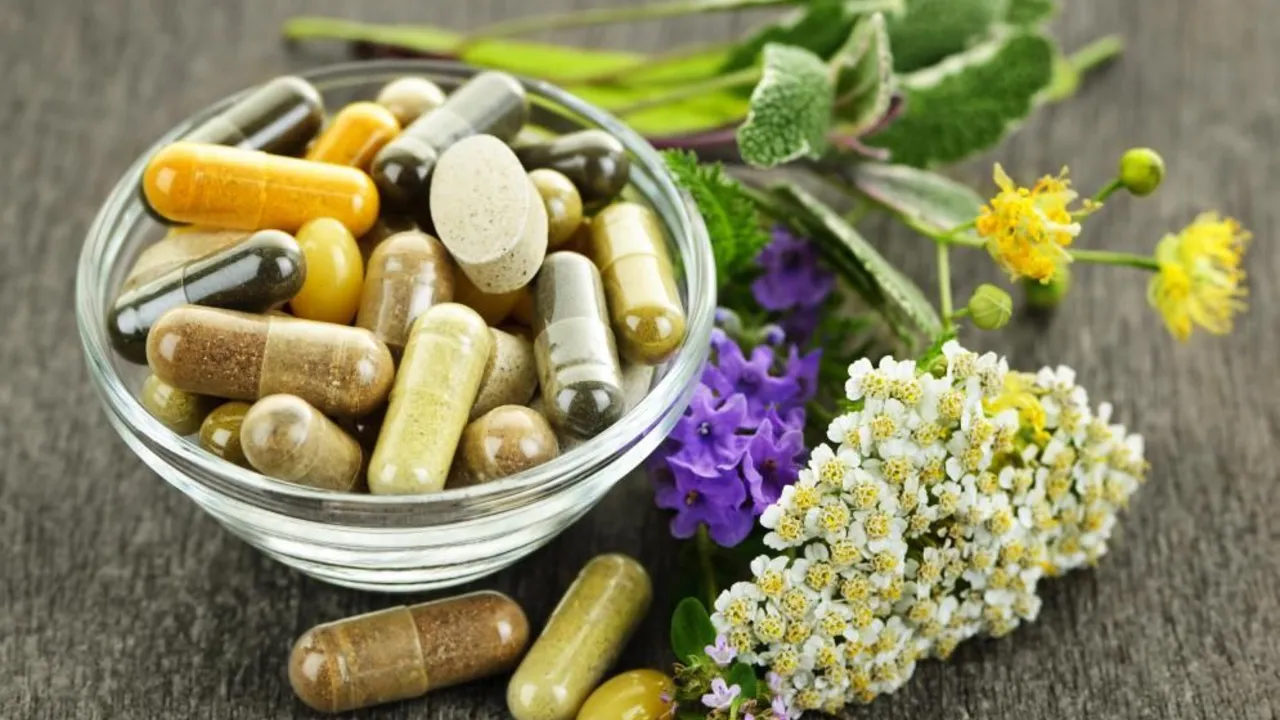
Top 10 Reasons Why Goldenseal Should Be Your Go-To Dietary Supplement
Hi there, beautiful souls! Today, we are going to delve into the amazing world of goldenseal, one of my favorite dietary supplements. From boosting our immune system to aiding digestion, this little powerhouse of a herb truly deserves to take center stage in our wellness routines. Join me as we explore the top 10 reasons why goldenseal should be your go-to dietary supplement. Trust me, you'll thank me later!
View More